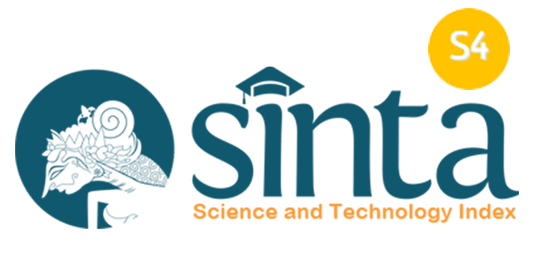Sentiment Analysis: Halal Approval based on Scopus Indexed Literature
Abstract
The aim of the paper was to ascertain the people's view of the authenticity of Muslim consumers. The approach used is descriptive data analysis combined with meta and viewpoint collected from secondary data in the form of communications data from 157 citations in social sciences scientific papers respectively 2005 and 2022, which were processed using the Microsoft Excel program 2019 and Specifying the appropriate information. According to the sentiment analysis results, expert opinions on halal authentication vary, with positive sentiment accounting for 40.8%, negative sentiment accounting for 26.6%, and neutral sentiment accounting for 30.6%. The findings indicate an increase in scholarly research on halal authentication. Furthermore, this research reveals that working with formal halal standards and innovation capable of verifying and supporting this certificate of completion will ensure compliance with Islamic law and build consumer trust, assisting in the implementation of the Islamic Economic Masterplan 2019-2024, explicitly establishing Indonesia as a producer of world halal products by accelerating sharia economic growth.
Downloads

This work is licensed under a Creative Commons Attribution-NonCommercial 4.0 International License.


 No. ISSN:
No. ISSN: 









